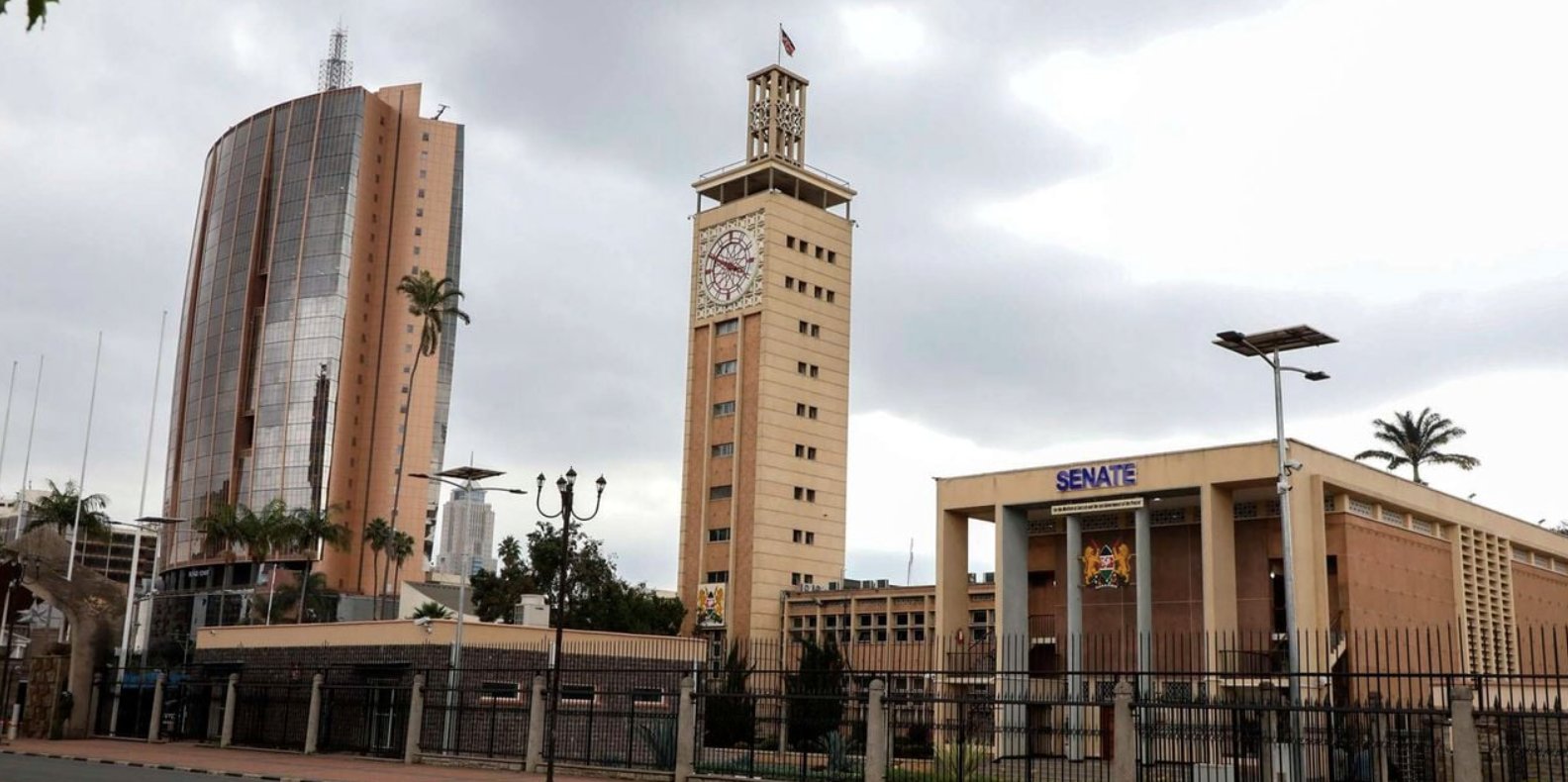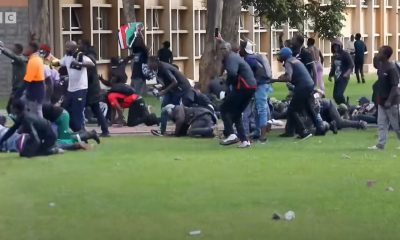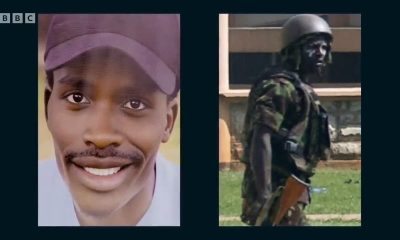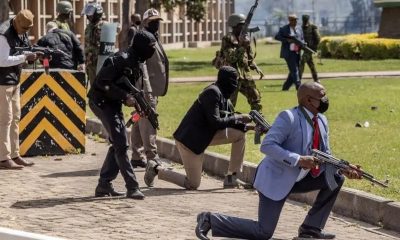News
MPs Slam BBC Documentary As ‘Foreign Propaganda’

NAIROBI, Kenya, April 30 — Members of Parliament have sharply criticized the BBC over its recent documentary Blood Parliament, accusing the broadcaster of promoting a foreign agenda and unfairly tarnishing Kenya’s democratic institutions.
The exposé, aired on Monday, investigates the deadly crackdown on anti-government protests in June 2024. It alleges that Kenyan police and military forces received covert “shoot-to-kill” orders even before official deployment was authorized.
The documentary has sparked fierce debate in the National Assembly, with several lawmakers dismissing it as sensationalist and misleading.
Dagoretti South MP John Kiarie questioned the timing and intent behind the film’s release.
“Mr. Speaker, no one here condones violence against our people, but this documentary reeks of a foreign agenda. We must ask whether this is BBC journalism or the voice of British foreign policy. Kenya cannot be lectured by a country whose own soldiers have committed atrocities on our soil,” Kiarie said.
He also referenced Parliament’s previous decision to attach conditions to the renewal of the British Army Training Unit Kenya (BATUK) agreement, which now requires British soldiers to be held accountable under Kenyan law.
“There’s no member of this House who would support atrocities by uniformed officers against Kenyans. While we can’t pass judgment on the Kenya Defence Forces, it’s worth noting that in the last Parliament, we declined to assent to the renewal of BATUK’s terms of service,” Kiarie added.
Mandera North MP Bashir Abdullahi criticized local media for amplifying the documentary without context, accusing them of helping to vilify Parliament.
“The documentary is tragic and inflammatory, especially in its use of the title Blood Parliament. Yes, our democracy faced challenges that day, but we are a sovereign nation capable of reconciliation. Why didn’t the BBC produce such a film after Capitol Hill or about Gaza, where women and children are dying every day?” he posed.
Bashir acknowledged the loss of lives but emphasized that the country has since moved forward in a spirit of reconciliation.
“It was tragic that we lost fellow Kenyans. Shameful that Parliament’s democracy was nearly infringed. But we have moved on, and we continue working to reconcile the country.”
Suba North MP Millie Odhiambo, however, defended the documentary, saying it exposed hard truths that Kenya has failed to confront.
“We have not dealt with this issue well. The BBC is highlighting what we’ve failed to address ourselves. It’s time we take responsibility and ensure justice for the victims,” she said.
She further cautioned against the reflex to blame foreign actors instead of acknowledging internal failures.
Homa Bay Town MP Peter Kaluma took a hardline stance, calling for the revocation of the BBC’s operating license in Kenya.
“This documentary is not journalism; it’s propaganda dressed as investigation. It is reckless, partial, and designed to incite unrest. If the BBC cannot operate within the bounds of fair and factual reporting, they have no business in Kenya,” Kaluma said.
In response, the BBC defended the documentary, stating it was based on the analysis of over 5,000 images and eyewitness testimonies.
The broadcaster maintains that its reporting aimed to shed light on events of national importance and stands by its findings.
Kenya Insights allows guest blogging, if you want to be published on Kenya’s most authoritative and accurate blog, have an expose, news TIPS, story angles, human interest stories, drop us an email on [email protected] or via Telegram
-

 Grapevine2 weeks ago
Grapevine2 weeks agoRussian Man’s Secret Sex Recordings Ignite Fury as Questions Mount Over Consent and Easy Pick-Ups in Nairobi
-

 News1 week ago
News1 week agoTHE FIRM IN THE DOCK: How Kaplan and Stratton Became the Most Scrutinised Law Firm in Kenya
-

 Investigations1 week ago
Investigations1 week agoMulti-Million Dollar Fraud: Three Kenyans Face US Extradition in Massive Cybercrime Conspiracy
-

 Economy1 week ago
Economy1 week agoIran Demands Arrest, Prosecution Of Kenya’s Cup of Joe Director Director Over Sh2.6 Billion Tea Fraud
-

 Business1 week ago
Business1 week agoA Farm in Kenya’s Rift Valley Ignites a National Reckoning With Israeli Investment
-

 Africa2 weeks ago
Africa2 weeks agoFBI Investigates Congresswoman Ilhan Omar’s Husband’s Sh3.8 Billion Businesses in Kenya, Somalia and Dubai
-

 Grapevine4 days ago
Grapevine4 days agoA UN Director Based in Nairobi Was Deep in an Intimate Friendship With Epstein — He Even Sent Her a Sex Toy
-

 Politics2 weeks ago
Politics2 weeks agoSifuna, Babu Owino Are Uhuru’s Project, Orengo Is Opportunist, Inconsequential in Kenyan Politics, Miguna Says






















